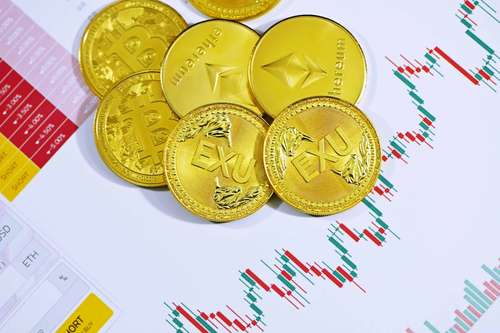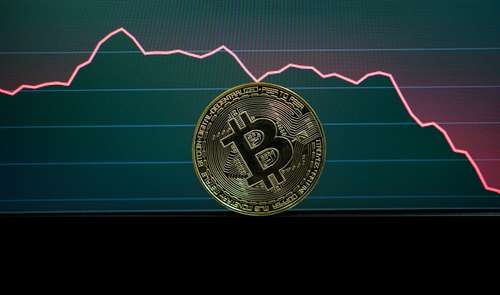DBS Group Holdings, Singapore's biggest bank, wants to provide its bitcoin and cryptocurrency services to 300,000 of its wealthiest customers.
In particular, DBS intends to add these larger clients to its current digital asset market, which has close to 1,000 users.
Private banks, accredited investors, and other exchanges make up the bank's targeted clientele in Asia, and they may all manage funds through the bank's mobile application.
DBS now intends to update its app, enabling clients to manage digital assets as well.
According to a report, DBS did in fact claim that an improved version of the software will streamline the procedure and provide the necessary scalability to accommodate a larger user base.
The bank's CEO, Piyush Gupta, indicated that the need for consumer protections caused the bank to decide to expand its infrastructure, which was affected by the market downturn.
Instead of start-up businesses, according to DBS, the ecosystem requires established, regulated institutions that offer additional services.
“On the one hand, we want to be a global crypto hub,” Gupta said, per the report. “On the other hand, we’re also very worried about our domestic population getting burned with this speculative asset class.”
Gupta shared as a last point that from April to June of this year, the number of transactions on the bank's exchange had doubled. What's more impressive is that throughout the same time span, bitcoin transactions doubled.
The Monetary Authority of Singapore hinted to a future regulatory framework for the digital asset sector in July.
In April, lawmakers approved the Financial Services and Markets Bill 2022, which was brought up in parliament for debate. The law brings digital token service providers created in Singapore but who provide their services elsewhere under the purview of domestic regulators.
The legislation covers industry players who deal in Bitcoin, Ethereum and other digital currencies, facilitate their exchange or offer financial advice on the sale of these tokens, among other activities.
Crypto players operating in Singapore and serving the local market are already regulated by the city-state's central bank. They are required by law to adhere to licensing requirements as well as be able to guard against money laundering and terrorist financing.




